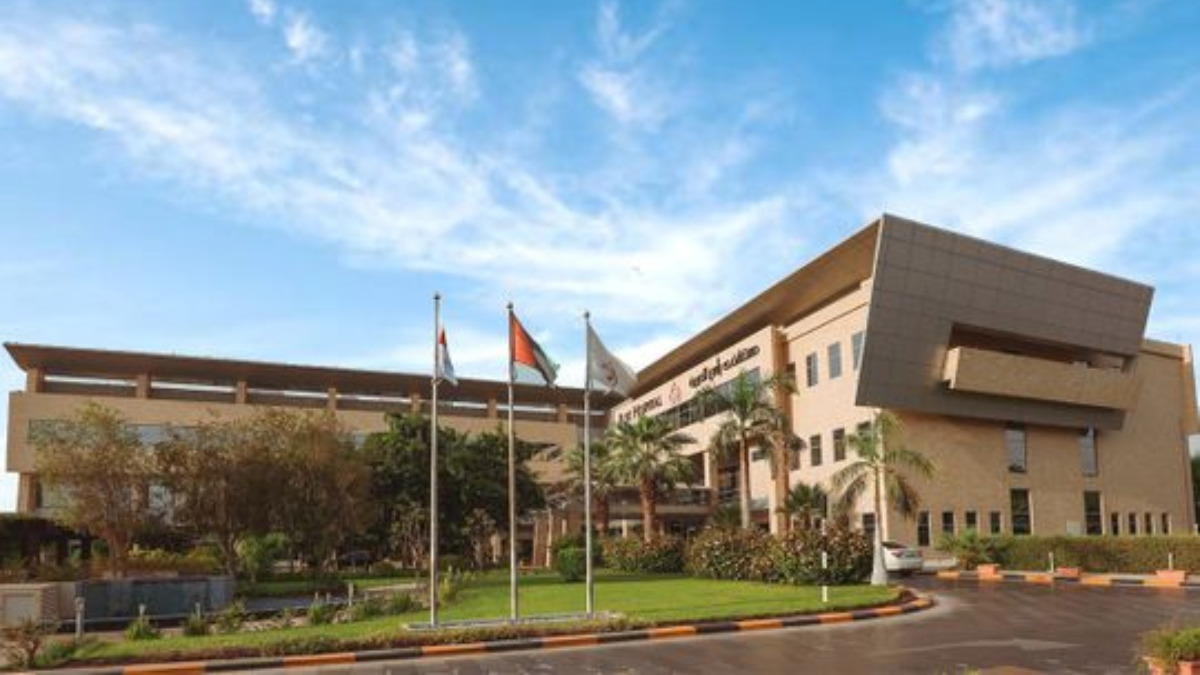The RAK Biggest Weight Loss Challenge 2024, a collaborative effort by RAK Hospital and the Ministry of Health and Prevention Ras Al Khaimah, has sparked a transformative conversation on weight loss. Central to this discourse is the profound influence of genetics on individuals’ weight loss journeys. This comprehensive article delves into the insights gleaned from the challenge’s recent webinar, ‘ Genetics: The Key to Your Unique Weight Loss Journey’. Let’s unravel the complexities of genetics and its implications for effective weight management.
Exploring the Genetics of Weight Loss:
Genetics lies at the heart of weight variability among individuals, with obesity’s heritability estimated between 40-70%. The intricate interplay of genetic, environmental, and lifestyle factors shapes one’s predisposition to obesity. Understanding the genetic underpinnings of weight gain is paramount for tailored interventions and effective management.
Genetic Landscape of Obesity:
Humans possess over 25,000 genes, with approximately 250 genes influencing weight gain and obesity. These genes manifest in monogenic and polygenic forms, with polygenic genes being epigenetically reversible. Distinguishing between syndromic and non-syndromic obesity aids in targeted interventions to address underlying causes and associated health complications.
Role of Genetic Variations:
Genetic variations dictate an individual’s response to weight loss interventions, influencing appetite regulation, metabolism, and fat storage. Key genes such as leptin, ghrelin, insulin, and FTO are pivotal in determining susceptibility to obesity and response to weight loss strategies.
Personalized Approaches to Weight Loss:
Effective weight management necessitates personalized approaches tailored to genetic makeup and metabolic differences. Genetic testing offers insights into genetic predispositions related to weight regulation, metabolism, and response to dietary and lifestyle interventions.
Empowering Weight Loss with Genetic Testing:
Genetic testing enables personalized recommendations for dietary preferences and exercise regimes based on individual genetic profiles. By identifying genetic variants associated with metabolism and exercise adherence, genetic testing empowers individuals to make informed lifestyle choices conducive to weight loss.
Dr. Raza Siddiqui’s Insights:
Dr. Raza Siddiqui, Executive Director of RAK Hospital, underscores the transformative potential of genetic testing in personalized weight loss journeys. He highlights the importance of addressing underlying genetic factors to enhance the efficacy and sustainability of weight loss efforts.
Integration into RAK’s Weight Loss Challenge:
As part of the initiative, genetic testing and counselling were offered to all 20 RAK Hospital’s Weight Loss Challenge winners. This integration of genetic insights into the challenge underscores the commitment to advancing efforts against obesity through personalized interventions.
Conclusion:
The RAK Biggest Weight Loss Challenge 2024 sheds light on the transformative potential of genetic insights in weight management. Individuals can embark on sustainable paths to better health and well-being by integrating genetic testing into personalised weight loss journeys. As we navigate the complexities of obesity, genetics emerges as a guiding light, illuminating personalized strategies for effective weight management.












